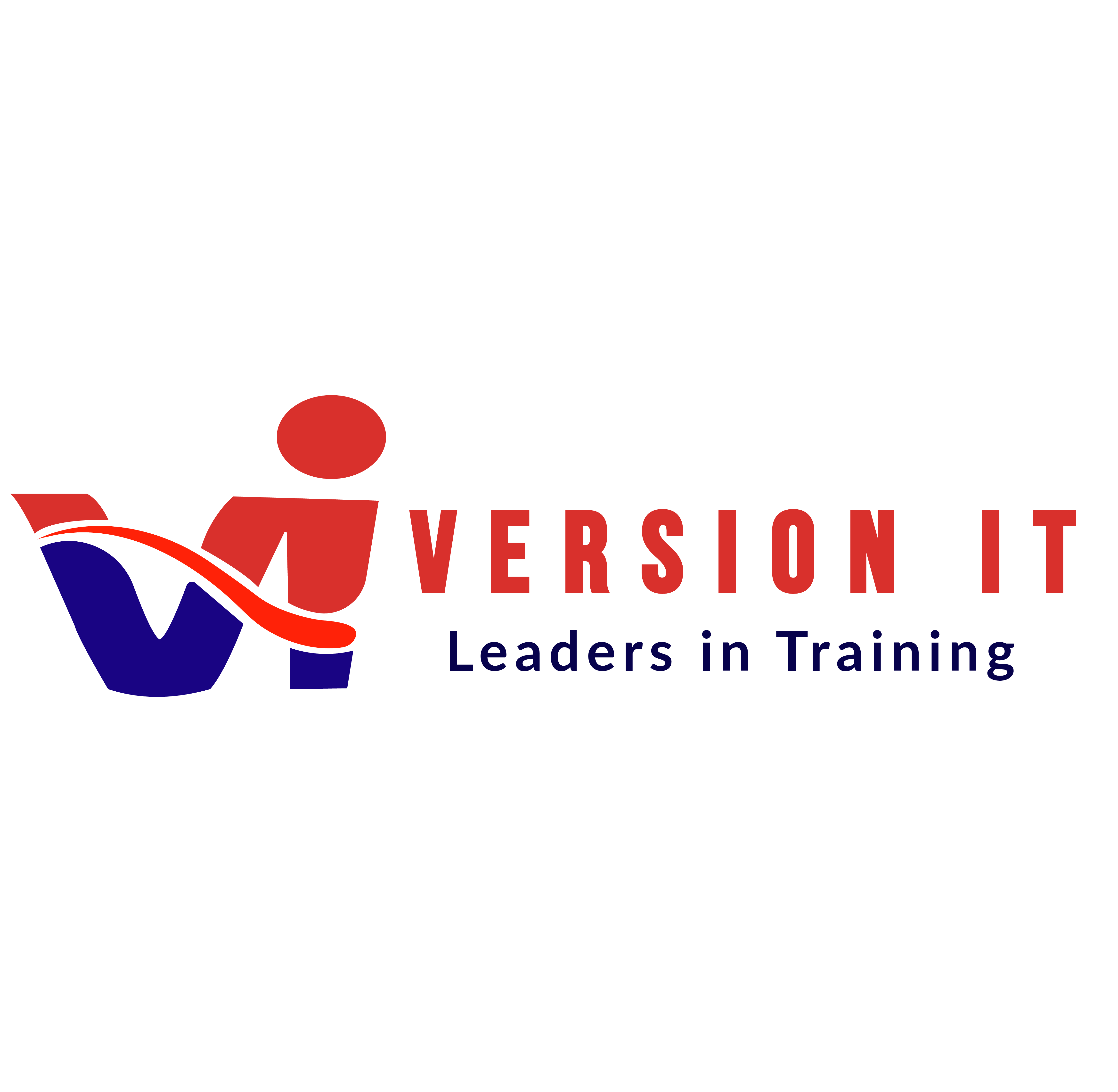Home > Courses > Full Stack Courses > Java Full Stack Courses > Core Java Course
Core JAVA Training in
Hyderabad
The term “Core” refers to the fundamental idea of something, and in this case, the term “Core Java” describes the fundamental idea of the Java programming language. As is common knowledge, Java is one of the most popular and extensively used programming languages. A newbie must first learn Core Java before moving on to Advance Java. Based on the idea of object-oriented programming, Java is a general-purpose programming language.
2 Modules
with Certifications
Certificate
After Completion
English
Language
Core Java Training in Hyderabad or the fundamental part of the Java programming language contains such aspects as portable nature, object-oriented programming, and strong structure of application programs. This encompasses the Java SE API that helps developers to create flexible applications. Building good software depends on core Java knowledge, which is fundamental for advanced Java programming.
The advantages of Core Java Training in Hyderabad are varied. One such benefit is that is compatible and enables applications to be run on any device with a Java virtual machine. The modular and maintainable code is possible due to its object-oriented nature. Developmental complexity is minimized with the richness of the API in Java Standard Edition. Robustness is ensured through exception handling while the automatic memory management in the Java Virtual Machine improves reliability. The preference for core Java as the base language for developing scale-able, cross-platform applications is attributed to its widespread use, strong community support, and continued upgrades.
There is an advantage in choosing a Core Java Training in Hyderabad program offered by Version IT Training Institute. Skilled tutors guide persons on revision control software difficulties; therefore, people collaborate and work effectively. Software programmers are adequately familiarized with their work through practical engagement with day-to-day situations that prepare them for real-life scenarios which is a huge investment into self-development path toward professional growth.
Core Java training in Hyderabad focuses on ensuring that learners have mastered concepts for successful Java coding. The overall goal of the program is to teach fundamental Java syntax, object-oriented concepts, and core libraries. The participants will master application development, grasp platform independence, and be able to implement Java SE. It equally stresses the practical element of learning allowing the learners to use what they’ve learned in actual situations. Lastly, the core Java training in Hyderabad is aimed at enabling people to develop strong and expandable Java applications by equipping them with the requisite information and skills.
Finally, this Core Java Training in Hyderabad is vital groundwork for apprentices-to-be. It equips Learners with essential skills that they use to develop robust platform-independent applications that enhance their prospects in undertaking Java programs.
Topics You will Learn
Java Language, OOPS, Programming
- Introduction to Java and OOPS
- Java Tokens- Comments, Identifiers, Keywords, Separators
- Working with Java Editor Software – Editplus, NetBeans, Eclipse
- Packages with static imports
- Working with ja
- Modifiers – File level, Access level, and Non-access level
- Datatypes, Literals, Variables, Type Conversion, Casting & Promotion
- Reading runtime values from the keyboard and Properties File
- Operators and Control Statements
- Method and Types of methods
- Variable and Types of Variables
- Constructor and Types of constructors
- Block and Types of Blocks
- Declarations, Invocations and Executions
- Compiler & JVM Architecture with Reflection API
- Static Members and their execution control flow
- Non-Static Members and their execution control flow
- Final Variables and their rules
- Classes and Types of classes
- OOPS- Fundamentals, Models, Relations and Principles
- Coupling and Cohesion (MVC and LCRP Architectures)
- Types of objects & Garbage Collection
- Arrays and Var-arg types
- Enum and Annotation
- Design Patterns
Java API and Project
- API and API Documentation
- Fundamental Classes – Object, Class, System, Runtime
- String Handling
- Exception Handling and Assertions
- Multithreading with JVM Architecture
- IO Streams (File IO)
- Networking (Socket Programming)
- Wrapper Classes with Autoboxing and unboxing
- Collections with Generics
- Java 5, 6, 7, 8 new features
- Inner classes
- AWT, Swings, Applet
- Regular Expressions
- Formatting date, time (java. text package)
Let Your Certificates Speak

- Comprehensive training in Core JAVA.
- Certifications improve your programming profile and are accepted across the world.
- Certificates are issued upon the course's conclusion.
All You Need to Start this Course
- Central The foundation for creating robust and feature-rich software solutions is Java.
- Core Java focuses on the basic skills needed to understand the essential features of this flexible programming language.
Testimonials




Still Having Doubts?
If you have a class path but neglect to include the current directory (.) in it, this may occur. This is so because the classes in rt.jar, which are system classes, are always included in the class path. Additionally, an automated search of the current directory is carried out in the event that no explicit class path is supplied. Java does not automatically scan the current directory when an explicit class path is given, whereas Java does.
Java applets cannot be used in your browser unless the Java Plug-in has been installed and activated. The reason for this installation's difficulty has always been browser manufacturers' suspicion of Java, which was occasionally justified when Oracle took a long time to patch security flaws. For now, the best option available to you is to play with applets using Firefox.
The RMI setup is intricate, and it is quite simple to make a mistake in a small aspect. In addition, always remove any extraneous class files and remember to restart the naming service after making any modifications to the configuration.


